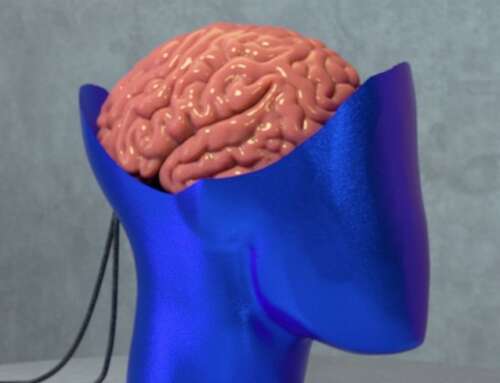Debunking the myths and sharing the important truths about this incredibly common mental health issue.
Firstly, here’s what anxiety is not: it’s not worrying that your train has been cancelled or that your card won’t be accepted in a restaurant. It’s not being scared before a medical test.
Anxiety is an inappropriate response to a real or perceived threat. It is a REAL illness that is unpleasant to live with and warrants professional help. As a cognitive behaviour therapist, here are the key things I think we all need to know about anxiety:
1. Anxiety is extremely common
Leading psychiatrist Dr Jeremy Pfeffer says that whatever psychiatric problems his patients have, in many cases anxiety is also present, and according to the Royal College of Psychiatrists, anxiety disorders affect one in ten of us. Some of us are born with a tendency to be more anxious than others, which may suggest that there is a genetic component.
2. Anxiety often causes physical symptoms
I often see clients who have been to cardiologists, neurologists, gastroenterologists – every expert you can imagine in the search for the cause of their physical symptoms. With a clean bill of health from all these specialists they arrive in my office having been diagnosed with anxiety. Common physical symptoms include:
- Rapid heartbeat
- Chest pains
- Excessive sweating
- Dry mouth
- Dizziness
- Difficulty in swallowing
- Urge to need the loo at the peak of anxiety
- Shallow or heavy breathing
- Shakiness
- Sense of not really ‘being here’
3. Anxiety can present itself as psychological symptoms… or ‘scrambled egg head’ as I call it
When you’re anxious you’ll tend to inflate the level of threat. You will tend to see threats where they don’t exist. You will have a tendency to seek reassurance that everything is okay. You will ruminate unremittingly on the threat materialising. You will be dominated by thoughts of how to avoid the event that you’re scared of. You will have an unquiet mind. You won’t be able to think very clearly. You will be aware of thinking in ways that make no sense yet still be unable to think logically.
4. Anxiety is treatable
– Anna Albright
Read more: 8 Things a Psychotherapist Wants People to Understand About Anxiety







Leave A Comment